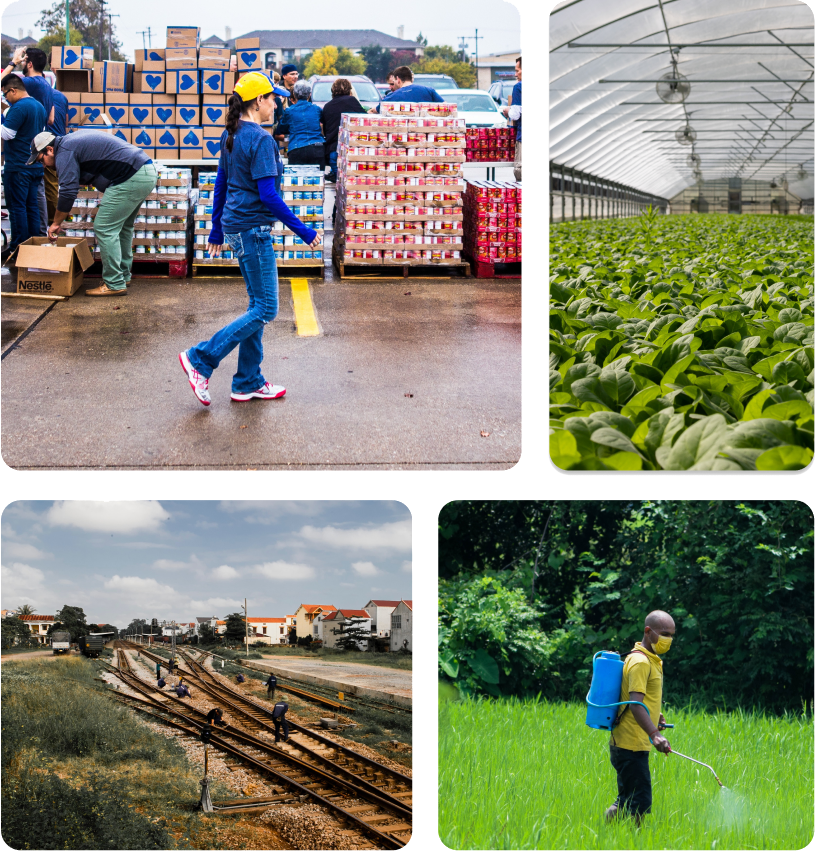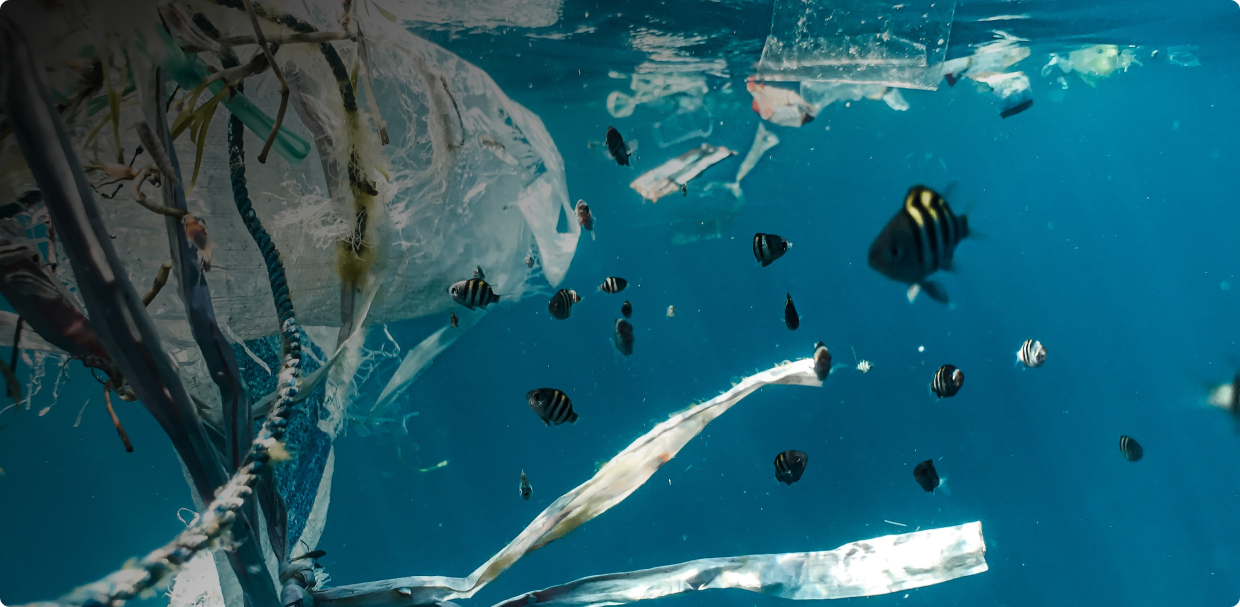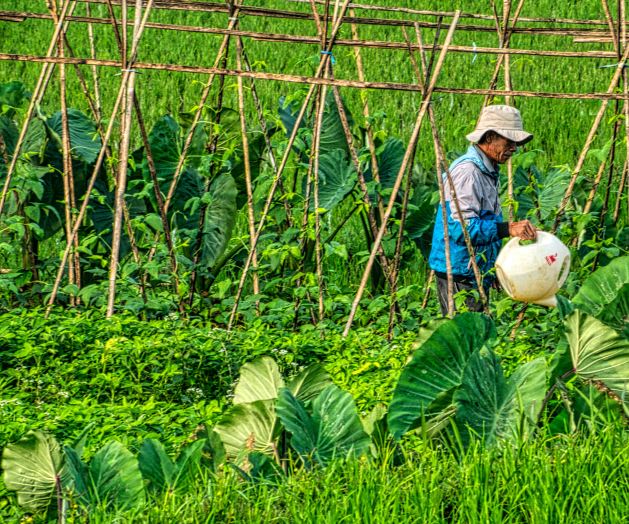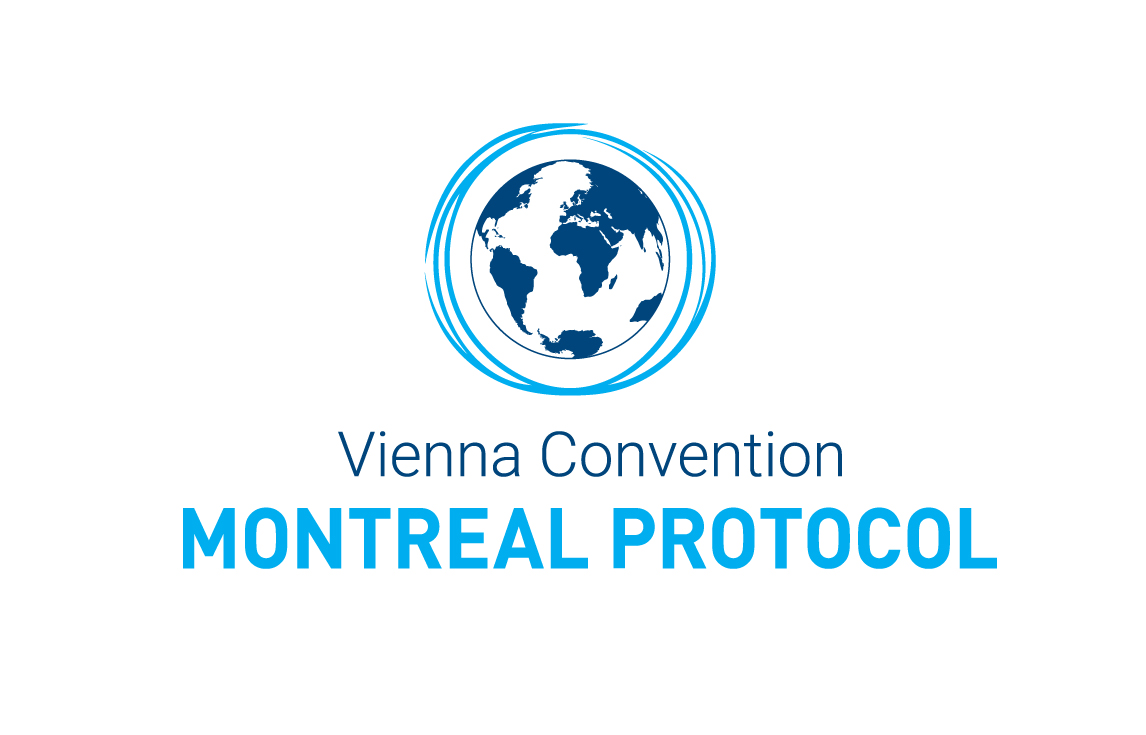GCI focuses on commodities such as ozone-depleting substances, toxic chemicals, hazardous wastes, endangered species, and living-modified organisms.
Who we are
The Green Customs Initiative (GCI), launched in 2004, enhances the capacity of customs and border control officers to enforce and foster compliance to trade-related conventions, MEAs, and corresponding national legislation. GCI focuses on commodities such as ozone-depleting substances, toxic chemicals, hazardous wastes, endangered species, and living-modified organisms.
The initiative is a forum for coordinated and cost-effective development of tools, delivery of training, and awareness-raising of customs officers and border control officers, through leveraging its partners’ resources and expertise. It complements and enhances existing customs training efforts under the respective agreements. For some of the MEAs involved, GCI is the structured means of interaction with the customs community.

WHY GCI
Environmental crime is a significant and increasingly lucrative business. Environmental crime is estimated to be worth approximately 91–258 billion USD annually (2016) and is rising 5-7% annually, which is 2–3 times the rate of the global economy. Illegal international trade in environmentally-sensitive commodities such as ozone depleting substances, toxic chemicals, hazardous wastes, and endangered species is an international problem with serious consequences. It threatens human health and the environment; contributes to species loss; results in revenue loss for governments; and undermines the success of international environmental agreements by infringing upon agreed rules and procedures.
Customs and border control officers constitute the front line of every country's defence against transboundary illegal trade. They are the first link in the compliance and enforcement chain, and without adequate capacity to prevent or detect illegal trade, the rest of the chain will be considerably less effective. Building the capacity of these officers is vital. Training is a key component of capacity building but can be time-consuming and expensive when delivered separately for the wide range of issues customs officers must cover. An effective solution is coordinated training – and this is where Green Customs comes in.
UNEP’s Governing Council expressed concern over the increasing environmental damage caused by illegal traffic in endangered species and dangerous and harmful substances and products. It also recognised that continuous efforts must be undertaken by all countries and relevant organisations and agencies concerned with ensuring compliance and enforcement of relevant international agreements. The Green Customs Initiative is a partnership actively addressing these concerns. (Council Decision 21/27 on Compliance with and enforcement of multilateral environment agreements, February 2001).
The Benefits Of Green Customs
- Increased knowledge about environmental issues, particularly on relevant conventions and MEAs
- Enhanced skills required to enforce national environmental requirements that are based on international commitments
- Facilitated access to information on the requirements of relevant conventions and MEAs regarding the transboundary movement of environmentally sensitive goods and substances
- Better recognition of the role of customs officers in environmental protection


- Increased detection of smugglers and illegally-traded commodities by national customs officers, and facilitation of legal trade
- Strengthened capacity for national compliance and enforcement of relevant conventions and MEAs through monitoring of trade
- Increased opportunity for dialogue with regional trade partners on illegal trade issues
- Sustained capacity building through integration of Green Customs into national customs training curricula
- Prevention of loss of revenue from tax and duty avoidance associated with smuggling
- Increased integration of environment into the security agenda


- Increased opportunity for synergies in the implementation of relevant conventions and MEAs
- Shared training infrastructure and experience developed by the partners


- Decrease in environmental crime, control of toxic chemicals and waste and better species protection, leading to a less polluted and more sustainable environment
















